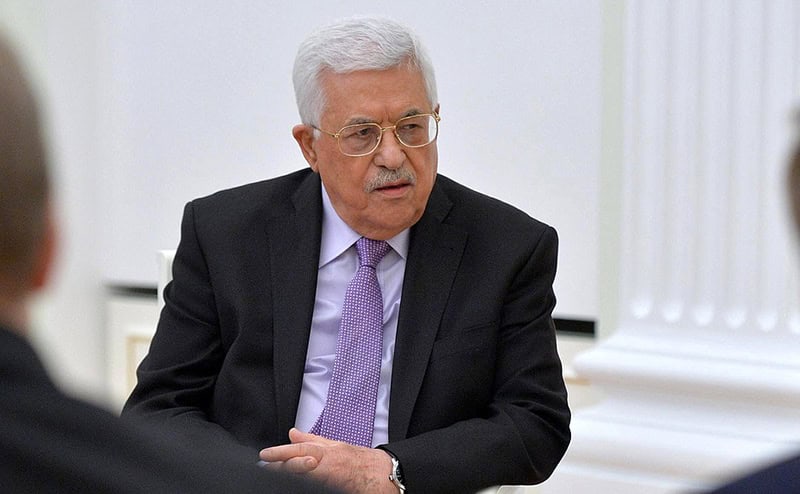New Delhi: The Arab ambassadors in Delhi expressed their “deep concern” over “lack of condemnation” in India’s statement on US President Donald Trump’s announcement officially recognising Jerusalem as Israel’s capital. They met top officials in South Block, including Minister of State, External Affairs, M J Akbar, and expressed their “deep concern.”
The Indian officials, led by Akbar, sought to allay their concerns by saying that New Delhi was not going to take any position dictated by a “third country”.
According to sources, Palestinian government, under President Mahmoud Abbas, through “diplomatic channels”, conveyed to India that New Delhi should “walk the talk” and follow up on the statements issued by Prime Minister Narendra Modi and External Affairs Minister Sushma Swaraj during Abbas’s visit to India this year and issue a “strong statement”.
“India’s position on Palestine is independent and consistent. It is shaped by our views and interests, and not determined by any third country.” said Raveesh Kumar, the official spokesperson of the Ministry of External Affairs
Saud Bin Mohammed Al-Sati, Saudi Arabia’s Ambassador to India, had led Arab envoys in Delhi. The group included at least 10 Ambassadors and diplomats, including from Sudan, Algeria, Egypt, Morocco, Iraq, Tunisia and UAE among others.
India should take a cue from France, Britain and the international community and affirm its seven-decade-old policy, said Arab ambassadors in New Delhi.
However, India seeks to tread a “fine balancing act” between the two sides and not get drawn into regional rivalries.
UK, France and Germany, had condemned Trump’s move.
British Prime Minister Theresa May had called his decision “unhelpful in terms of prospects for peace in the region”.
France President Emmanuel Macron had said Trump’s decision was “regrettable” and “France and Europe are committed to a two-state solution.”
Germany’s Chancellor Angela Merkel had said that her government “does not support this position, because the status of Jerusalem is to be resolved in the framework of a two-state solution.”
UN Secretary General Antonio Guterres had criticised “any unilateral measures that would jeopardise the prospect of peace for Israelis and Palestinians.”

